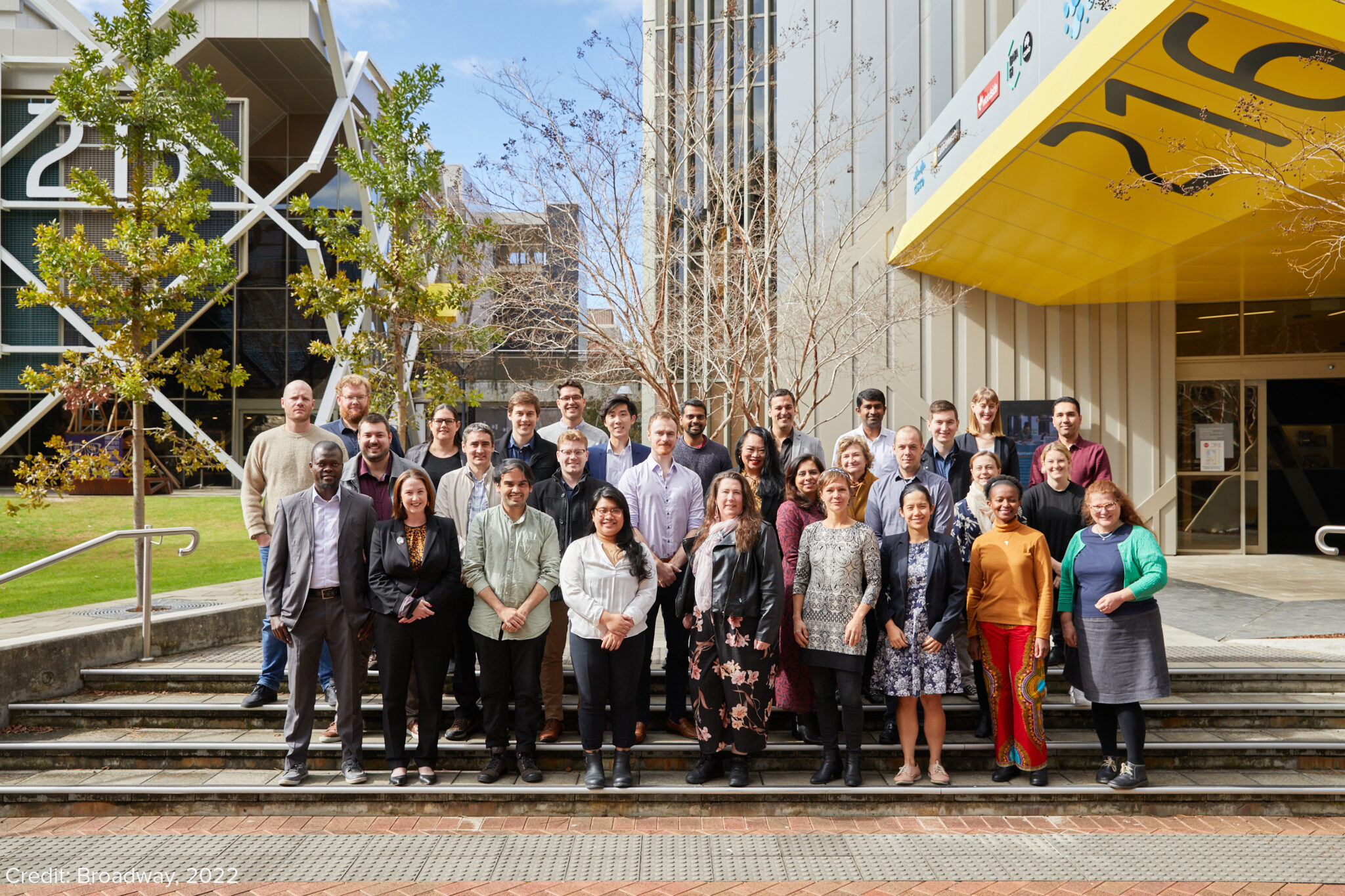Professor Melanie Johnston-Hollitt
In her 20-year career, Prof Johnston-Hollitt has been involved in the design, construction, operation and governance of several major international radio telescopes, including the Low Frequency Array in the Netherlands, the Murchison Widefield Array (MWA) in Western Australia, and the billion-dollar Square Kilometre Array (SKA), which will be hosted in both Australia and South Africa.
She was a founding member of the Board of Directors for the SKA Organisation, where she worked on the international governance and the scientific and technical aspects of the telescope. In particular, she led the Science Analysis Pipeline design for the SKA and contributed to the Science Data Processor pipeline. She is the immediate past director of the 65 million-dollar MWA radio telescope and spent 9 years involved in the project, including 6 years on the international executive board (4 years as board chair) and 3 years as the MWA Director. During her time as chair of the MWA board, Professor Johnston-Hollitt was responsible for the expansion of the MWA project to move from 11 research organisations over 3 countries with 112 individual researchers to 21 research organisations over 6 countries with 270 individual researchers. As MWA Director, she oversaw the third phase of the MWA project realised via the design and funding for the new ‘MWAX correlator’ – a GPU-based bespoke compute system.
Her research interests span the intersection between radio astronomy, signal and image processing and big data analytics. She leads the galactic and extragalactic science team in the Curtin Institute for Radio Astronomy, who are exploiting the MWA and other telescopes to uncover the mysteries of the Universe.
In August 2020, Professor Johnston-Hollitt has been appointed as the new Director of the Curtin Institute for Data Science (CIDS), leading a multi-disciplinary team of data scientists. The CIDS is a cross-disciplinary research accelerator based on the use of high-performance computing.

